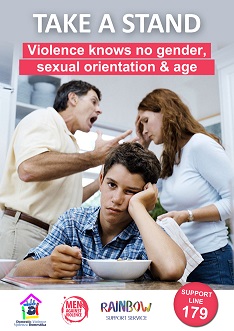August isn’t even over yet and already this month five trans people’s bodies have been found in the USA, meaning that in eight months of 2015 we’ve already surpassed the total number of trans women killed in 2014. This year across the United States 20 trans women (most of them women of color) have been murdered. Twenty?!
T.W.E.N.T.Y.
Despite making up less than one percent of the world’s total population a transgender person is killed every 29 hours. Trans people are so much in danger that an academic Trans Murder Monitoring (TMM) project exists to analyze reports of transgender homicides around the globe. For those of you who are good with numbers The National Center for Transgender Equality spells it out for you: “The national homicide rate is 4.7 per 100,000—yet at a little more than halfway through the year, we have seen at least [20] killings among an estimated 350,000 adult trans women, almost all of them among trans women of color, who probably number fewer than 135,000.”
Poor reporting, hateful misgendering and laws that are slow to catch up with reality all contribute to the fact that current headlines read “At Least 17 Transgender Women Have Been Murdered This Year” despite many outlets accurately quoting #BlackLivesMatter and #TransLivesMatter leaders that the trans community is in “a state of emergency.” In addition to those two hashtags you can also raise awareness of the staggering discrimination and violence against trans women with #SayHerName and #NiUnaMenos. Originally published in 2005 this list gives you one thing a week you could do for transgender equality.
Right now, Dear Reader, you’re going to mourn with me the lives of women cut short this year by hate and transmisogyny.
Papi Edwards – age 20, killed 9 January 2015 in Louisville, Kentucky
Lamia Beard – age 30, killed 17 January 2015 in Norfolk, Virginia
Ty Underwood – age 24, killed 26 January 2015 in Tyler, Texas 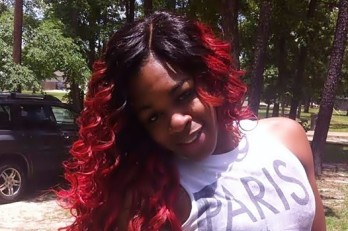
Yazmin Vash Payne – age 33, killed 31 January 2015 in Van Nuys, California 
Taja DeJesus – age 36, killed 1 February 2015 in San Francisco, California 
Penny Proud – age 21, killed 10 February 2015 in New Orleans, Louisiana 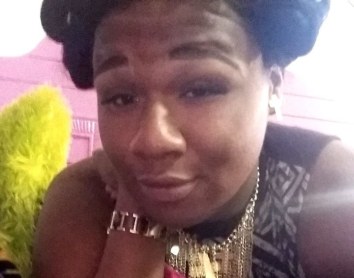
Bri* Golec – age 22, killed 13 February 2015 in Akron, Ohio  *Golec was identified by a bandmate as someone who hated labels and went by Brian in the last year of their life
*Golec was identified by a bandmate as someone who hated labels and went by Brian in the last year of their life
Kristina Gomez Reinwald – age 46, killed 15 February 2015 in Miami, Florida 
Sumaya Ysl – age 26, discovered 22 February 2015 in Toronto, Canada
Keyshia Blige – age 33, killed 7 March 2015 in Aurora, Colorado 
Vanessa Santillan – age 33, killed 28 March 2015 in London, UK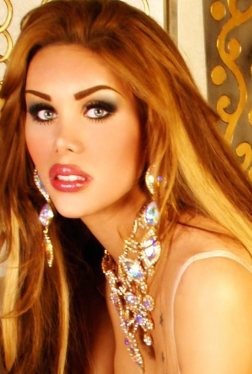
Mya Hall – age 27, killed 30 March 2015 in Baltimore, Maryland 
London Chanel – age 21, killed 18 May 2015 in Philadelphia, Pennsylvania 
Mercedes Williamson – age 17, discovered 2 June 2015 in George County, Mississippi 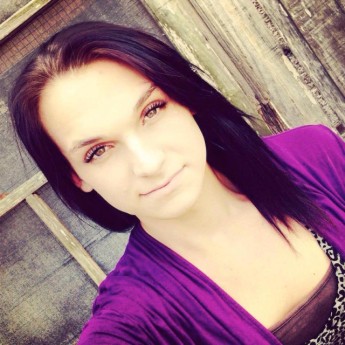
India Clarke – age 25, discovered 21 July 2015 in Tampa, Florida 
KC Haggard – age 66, killed 23 July 2015 in Fresno, California 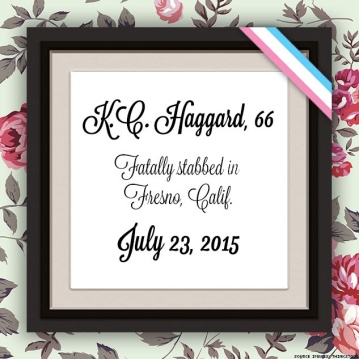
Shade Schuler – age 22, discovered 29 July 2015 in Dallas, Texas 
Amber Monroe – age 20, killed 8 August 2015 in Detroit, Michigan 
Kandis Capri – age 35, killed 11 August 2015 in Phoenix, Arizona 
Elisha Walker – age 20, discovered 15 August 2015 in Johnston County, North Carolina 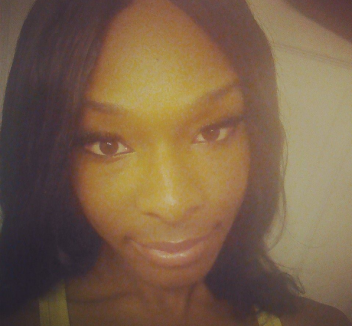
Tamara Dominguez – age 36, killed 15 August 2015 in Kansas City, Missouri 
Two heartbreaking trends emerge when you look at these women side-by-side: 1. Over 85% of these women died before age 40–the youngest was only 17. 2. At least 80% of these women were women of color–more than two-thirds of them were Black. #BlackTransLivesMatter say it with me! We cannot keep silent about these atrocities. Trans women of color live at the intersection of transphobia, misogyny, racism and classism and as we’ve seen that is often a deadly combination. Sign this petition demanding the federal government investigate the murders of trans women as hate crimes. Activists in Los Angeles took to the streets on August 18 to rally and march against violence against the trans community. We must do the same. Trans people are everywhere and they deserve our support and compassion. They deserve full equality. They deserve to live.
Rest in Power Sisters




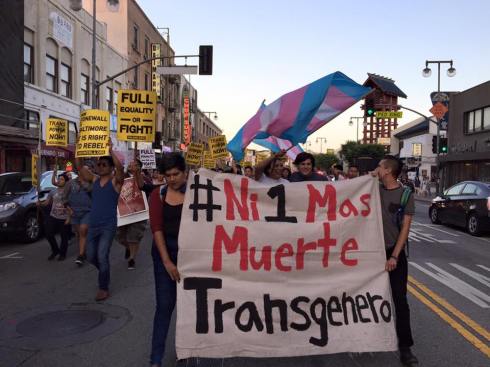


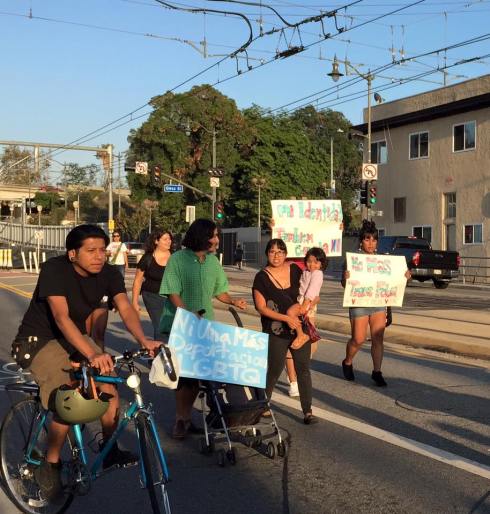



 Since I couldn’t choose between all the good and the bad things going on I landed on the ugly. Not really, but there definitely is some ugly truth coming up with the 2015 FIFA Women’s World Cup. I’ll admit I am no expert on sports–in fact I don’t even really care about sports. While I grew up with football, baseball, hockey and tennis on TV occasionally and was basically required by the size of my elementary school to play basketball, kickball, flag football and softball and participate in all kinds of track events, I am no athlete. My partner however is all athlete–grew up playing futbol and basketball and avidly watches men’s and women’s futbol, basketball and tennis, and American football to this day. His love for sports is contagious and after learning so much from him about the benefits of team sports,
Since I couldn’t choose between all the good and the bad things going on I landed on the ugly. Not really, but there definitely is some ugly truth coming up with the 2015 FIFA Women’s World Cup. I’ll admit I am no expert on sports–in fact I don’t even really care about sports. While I grew up with football, baseball, hockey and tennis on TV occasionally and was basically required by the size of my elementary school to play basketball, kickball, flag football and softball and participate in all kinds of track events, I am no athlete. My partner however is all athlete–grew up playing futbol and basketball and avidly watches men’s and women’s futbol, basketball and tennis, and American football to this day. His love for sports is contagious and after learning so much from him about the benefits of team sports, 

























